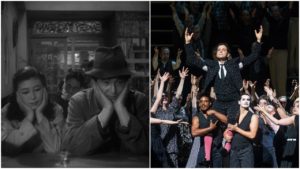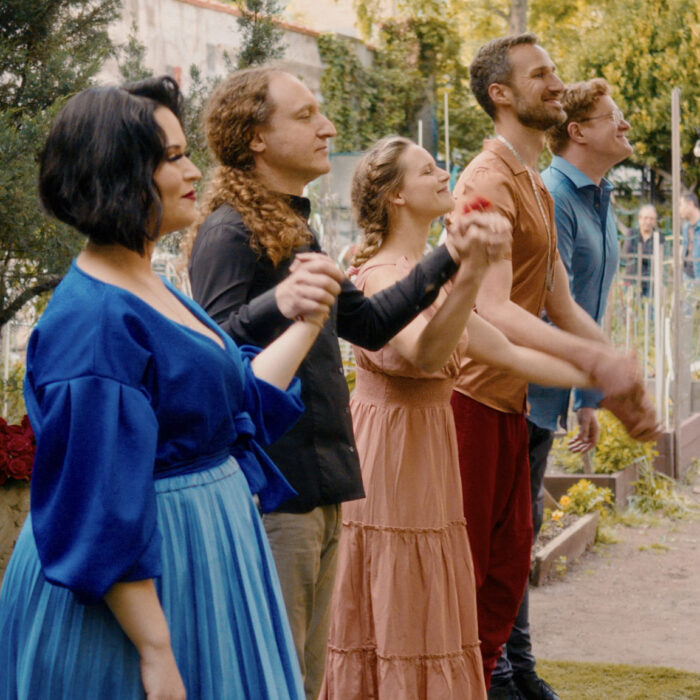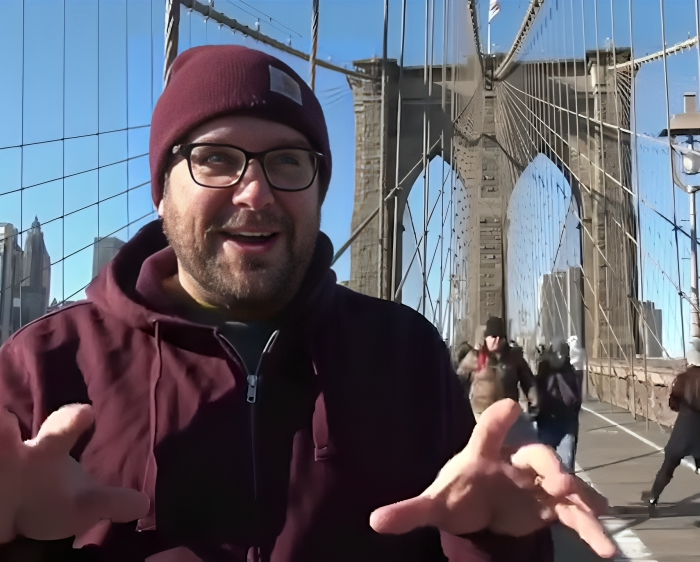
Opera Meets Film: How Kurosawa Defines Character in ‘One Wonderful Sunday’ Using An Excerpt from Bizet’s ‘Carmen’
By David Salazar“Opera Meets Film is a feature dedicated to exploring the way that opera has been employed in cinema. We will hone in on a selection or a film in its entirety, highlighting the impact that utilizing the operatic form or sections from an opera can alter our perceptions of a film that we are viewing. This week’s installment features Akira Kurosawa’s “One Wonderful Sunday.”
There is no way to overlook music in Kurosawa’s 1947 picture. More specifically, there is no way to overlook Western music in “One Wonderful Sunday.” Put simply, it is everywhere, even when it is literally not present.
This of course is no more apparent than in the film’s climax (SPOILER ALERT) when our heroes Yuzo and Masako head to an empty amphitheater and after several aborted attempts, interruptions by the winds, and a direct-to-camera plea from Masako to give hope to the young generations, deliver a performance of Schubert’s Unfinished Symphony with an invisible orchestra.
When people talk about music in this film, there is no doubt that that moment, in which the two characters create a memorable and transformative experience for themselves and the audience with nothing more than their dreams (climaxing in a wondrous kiss between the two), is the fullest exploration of the film’s core theme and the transformative power of art in times of difficulty.
The film, which was one of Kurosawa’s first post-war pictures explores the challenges of Japanese society after losing World War II. There are a great deal of moments that reference the cost of that war with regards to the protagonists, especially Yuzo, and the American occupation and its impact is exerted throughout.
There is no doubt that the westernization explored in the music is also an aspect of this very fact. During a baseball game in the street with children, we hear a variation on “Twinkle Twinkle little star.” Schubert’s Symphony is hinted at in a latter moment before eventually coming to full fruition at the climax.
But the moment we will reference in this article comes right after the baseball game when after hitting a baseball into a nearby restaurant, Yuzo makes his way to talk to the owner.
In a wide shot that emphasizes the annoyance of the store owner over some damage done to a sign, we suddenly hear the music from Escamillo’s “Votre Toast” from Bizet’s “Carmen” with Yuzo strutting into the right side of the frame.
It’s a fascinating musical contrast from the “Twinkle twinkle” variation that had just dominated the film just moments earlier and it immediately gives Yuzo a sense of confidence and strength that we have not seen to this point. Prior to the baseball game, all the audience has heard from Yuzo is constant pessimism, marked by his experience as a soldier and the challenges he has faced in his recent years. So as an audience member watching him constantly rebuff Makazo’s more optimistic qualities, you grow weary of his initial attitude.
But then he starts to turn slightly during the baseball game and the “Carmen” excerpt, combined with his actions not only endear the audience to him, but actually suggest that optimism and potency that Makazo makes reference to earlier on. The audience can almost feel his courage, his sense of pride and honor; the image and music joined together makes him look like a hero assuming responsibility for the mistake. And as such, he is ultimately rewarded when the owner gives him some smashed food at a reduced rate.
Take away the music from the moment and the action is still present, but Yuzo’s characterization feels less imposing and, more importantly, honorable.
But it is important to note that its effectiveness comes not on its own, but also in how it is set up and fits in the overall tapestry of the film. Had Kurosawa just added the piece to the soundtrack without the preceding excerpt of music during the ball-game and the “Carmen” excerpt might have seemed not only random, but also overly manipulative. Likewise, if Kurosawa had not included more western music throughout the remainder of the film’s soundtrack, then this slight excerpt (and the “Twinkle Twinkle”) would have felt random and forced in the overall context.
The only other circumstance in which the inclusion of this piece might have worked would have been if it had been utilized as Kurosawa employed Offenbach’s “Barcarole” in his 1949 film “Stray Dog” – as a lone moment at the height of a sequence that stands on its own.
But nothing in this film stands on its own as the episodes of “One Wonderful Sunday” build off a dialogue between a hopeful and disappointing series of events. The episodic nature of the music serves in keeping with this structure.
Categories
Opera Meets Film

